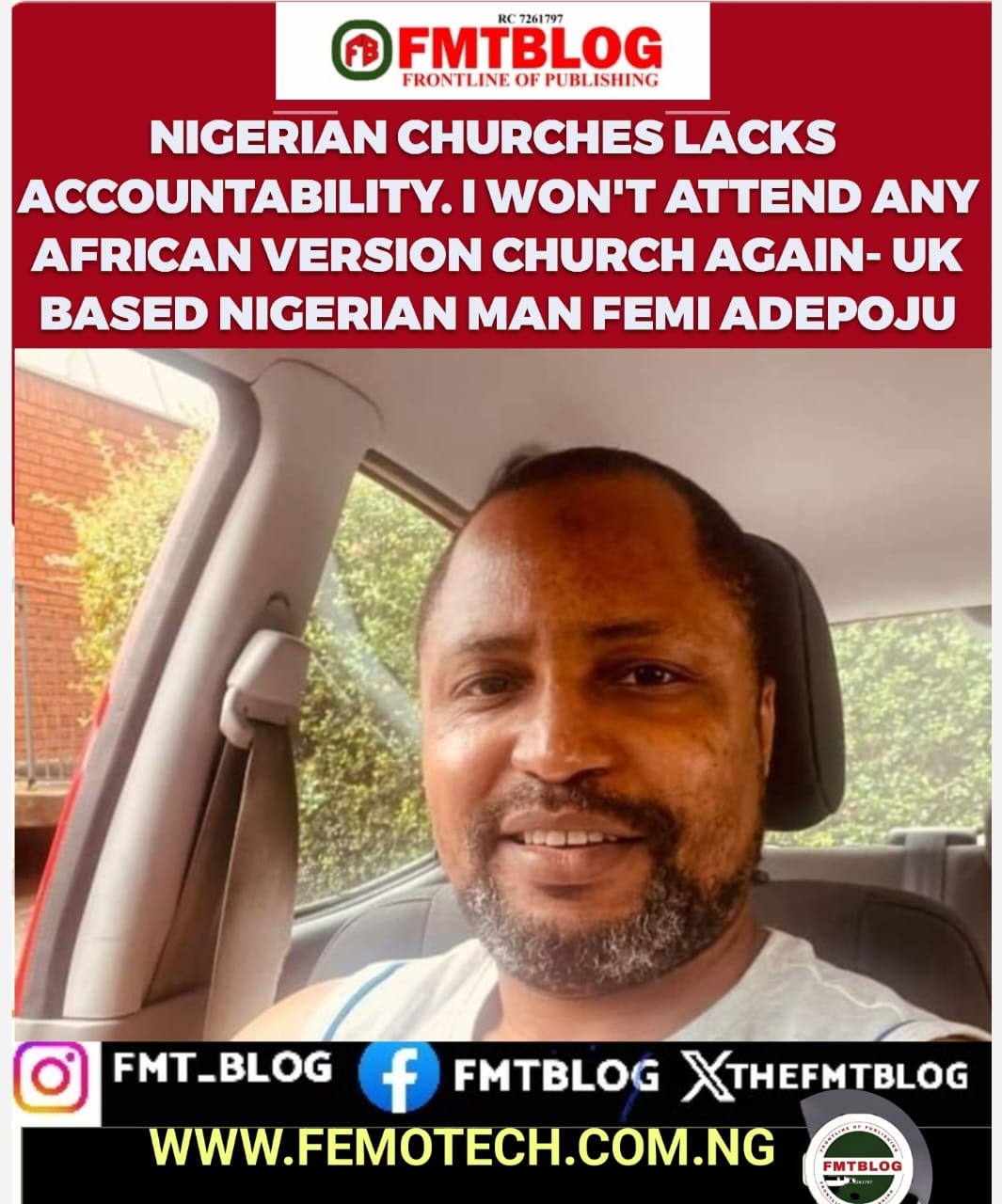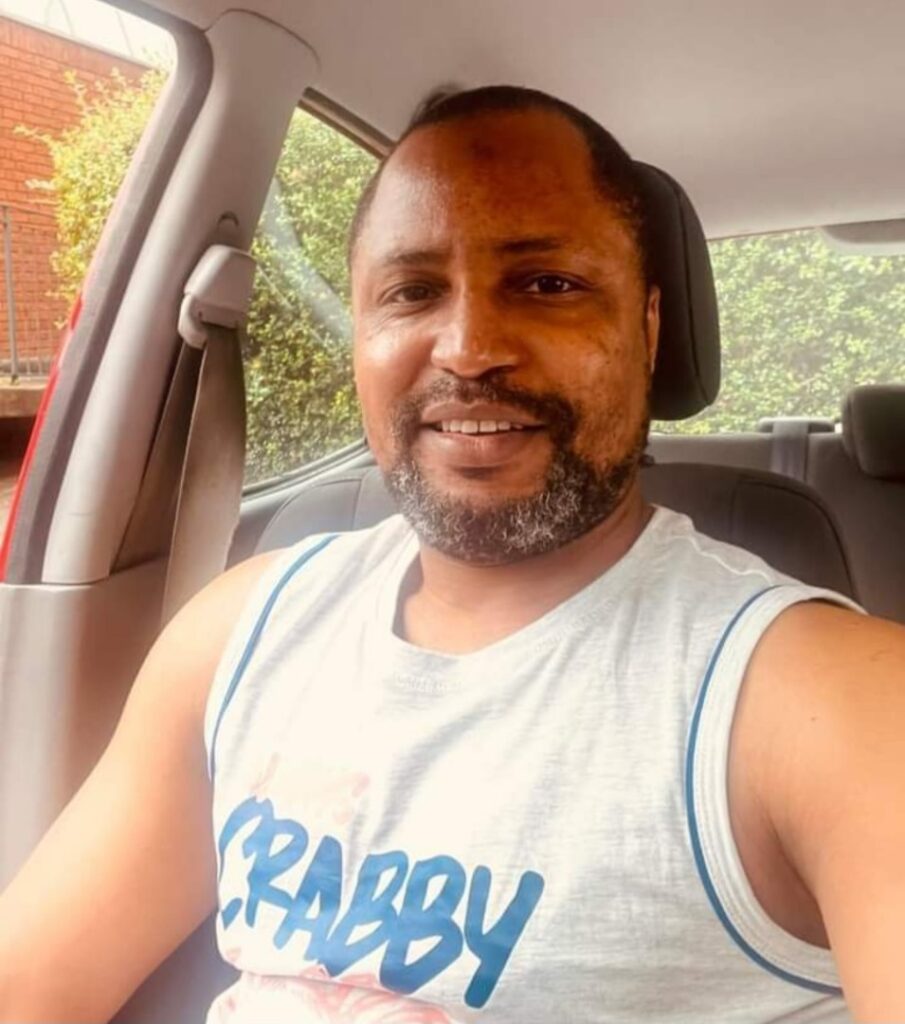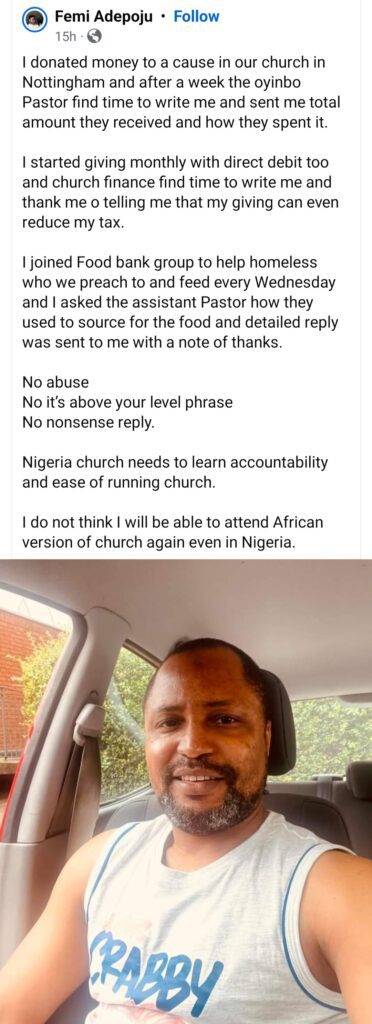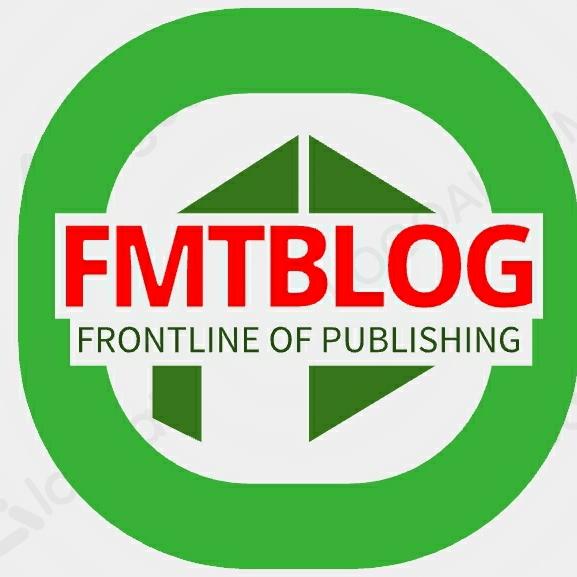
Nigerian Femi Adepoju, living in the UK, recently shared his transformative experience in a UK church that drastically shifted his perspective, leading him to question if he’ll ever attend an African church again.

His narrative has created waves within religious circles, generating an intense dialogue about spiritual practices, cultural differences, and accountability.
Femi’s story, as shared on Linda Ikeji’s Blog, includes his encounters with an ‘oyinbo’ (white) Pastor who meticulously detailed how the money he donated to the church was used.
This level of accountability and transparency was novel to Femi, leading him to increase his monthly contributions significantly.
Moreover, Femi narrated his involvement with the church’s Food Bank Group, where he helped provide for the homeless. He praised the church’s detailed response to his queries about food sourcing for the homeless, a dialogue that left him feeling appreciated and recognized.
Femi’s testimonial raises broader questions about accountability and governance in African churches. His assertion that he might not be able to attend an African version of a church, even in Nigeria, promises to spark intense debates and reflections within religious communities in Africa and the diaspora.
In His Words;
He wrote on Facebook: “I donated money to a cause in our church in Nottingham, and after a week, the oyinbo Pastor found time to write me and sent me the total amount they received and how they spent it.
“I started giving monthly with direct debit too, and church finance found time to write me and thank me for telling me that my giving can even reduce my tax.
“I joined a Foodbank group to help the homeless, who we preach to and feed every Wednesday, and I asked the assistant Pastor how they used to source food, and a detailed reply was sent to me with a note of thanks.
“No abuse. No, it’s above your level phrase—no-nonsense reply.
“Nigeria church needs to learn accountability and ease of running church.
“I do not think I will be able to attend the African version of the church again, even in Nigeria.”

At a time when issues of transparency, accountability, and inclusiveness are at the forefront of public discourse, narratives like Femi’s provide critical insights that warrant attention.
Such stories are amplified through platforms like FMTBLOG, enabling more inclusive and far-reaching conversations.



